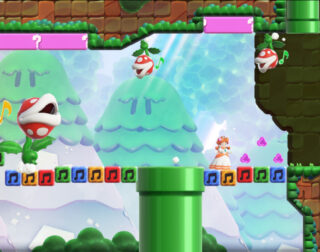Working Memory and Organization go hand in hand. These two skills support and strengthen one another, and can be of great value academically — helping students gather and arrange important information, commit it to memory and then put it to use in class. For example, kids display good organizational skills when they take time to gather all of their notes before starting to study for a test. Having the appropriate class materials means students study better, ensuring they’re able to commit vital information to memory and put it into action once test time comes.
We’ve gathered up some common examples of the ways in which Working Memory and Organization skills impact learning and affect your child’s performance at school. The following examples show some common ways these two skills can help in class, and how deficits in these skills can lead to setbacks at school.
How Working Memory and Organization Skills Impact Learning:
Kids with underdeveloped Working Memory and Organization skills can have difficulty recalling directions, and often have very disorganized backpacks and school lockers. They’ll sometimes forget what they are doing in the middle of doing it, and don’t always know how to find their homework or studying materials. Working systematically on longer projects — such as writing an essay or book report — can be a challenge, as they commonly start projects such as homework without having the right materials on hand.
See below for some ways in which these crucial thinking skills play a role in reading, math and writing.
Reading
Working memory issues can affect students’ ability to learn how to decode words, remember specific parts of what they are reading, and cause them to struggle to recall previously learned vocabulary while reading. Organizing sequences and connections is crucial for reading comprehension, and organization assists in effectively communicating and retelling what one has read. Students who fail to take organized notes while reading experience difficulties with studying, information retention and test-taking.
Math:
Working Memory is important while trying to learn mathematical rules — like the order of operations and the times tables — while clearly organizing one’s notations on paper is a clear, effective way to help with studying down the line. Organization helps kids to sort out and understand the information in word problems, while Working Memory aids in recalling and applying problem solving strategies.
Writing:
Organizational thinking is necessary in order to present written thoughts that are clear and easy to understand, while Working Memory is important for keeping multiple ideas in mind at once. Working Memory helps kids recall spelling and grammar rules, and be aware of the proper ways to structure sentences and paragraphs. Organizing one’s notes, research, or materials is an important step before sitting down to start a writing project, and this can help kids turn their ideas into coherent essays or reports.





